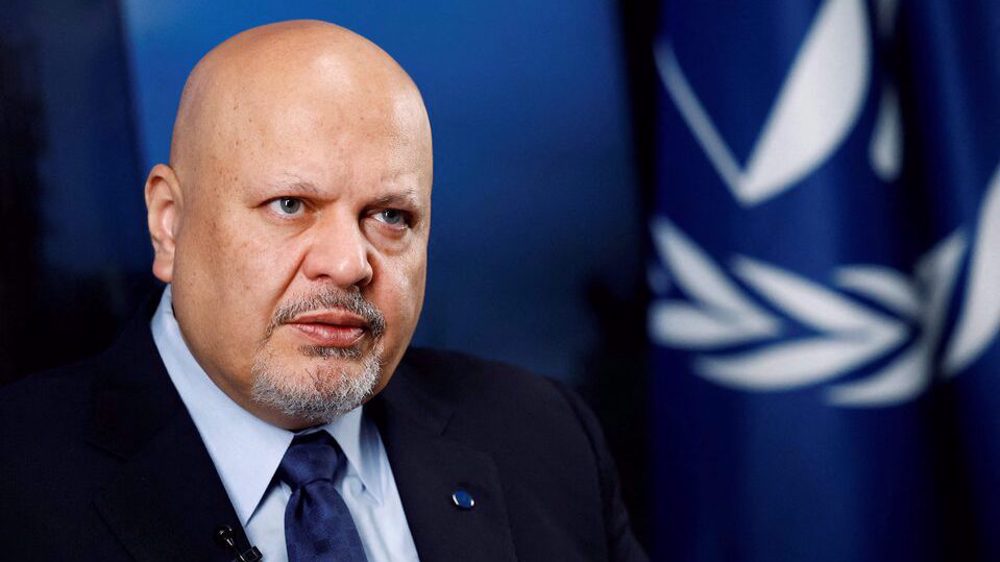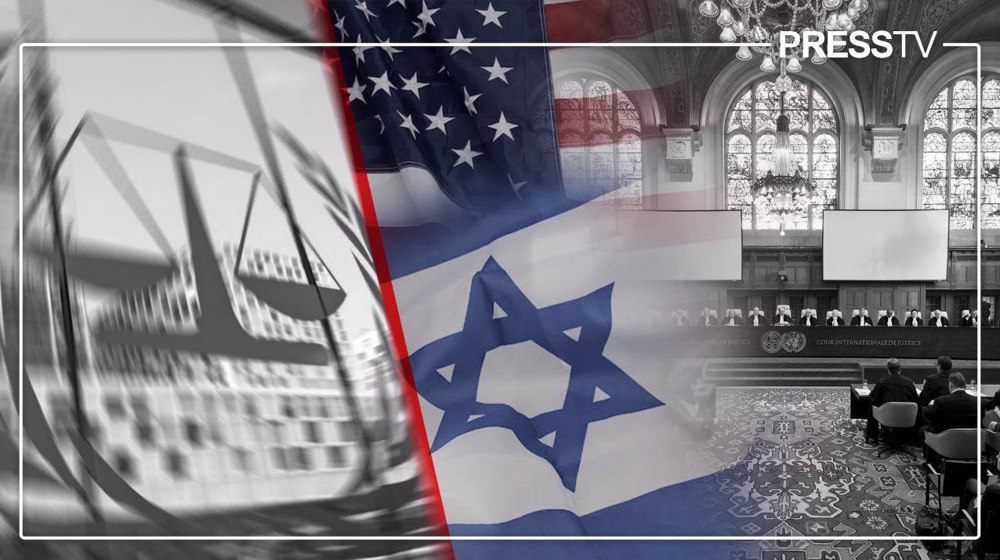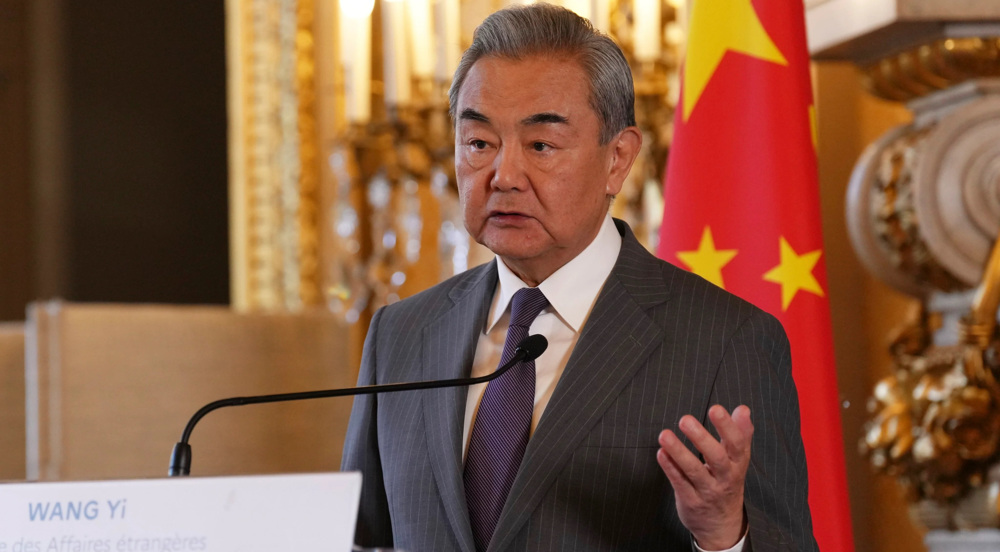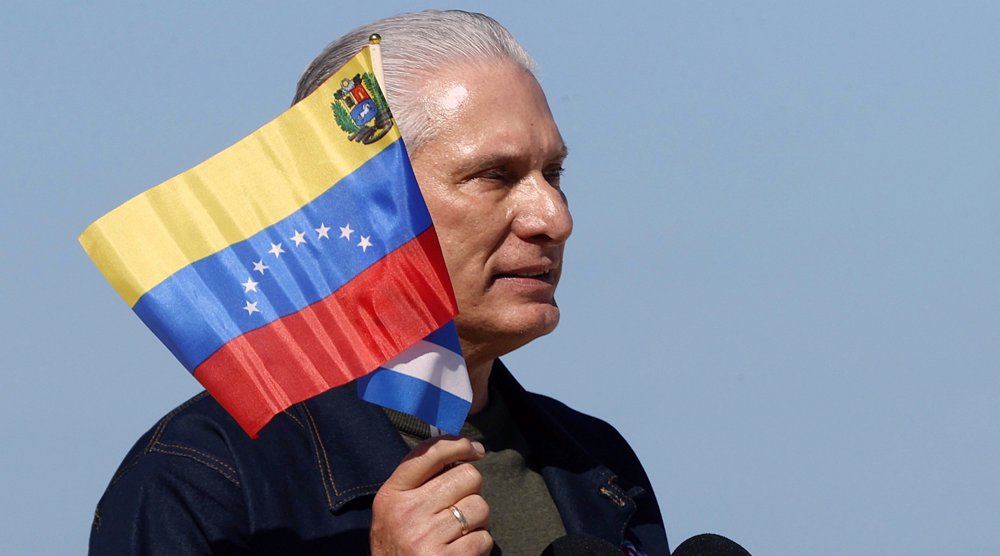US human rights advocates file lawsuit to halt Trump’s sanctions on ICC prosecutor
US human rights advocates have filed a lawsuit to halt President Donald Trump’s executive order imposing sanctions on the chief prosecutor of the International Criminal Court (ICC), saying it unconstitutionally infringes upon their free speech rights.
The lawsuit, brought by two advocates represented by the American Civil Liberties Union (ACLU) on Friday, argues that the sanctions violates their constitutional rights by restricting their ability to communicate and cooperate with the ICC.
The Plaintiffs are Matthew Smith, the co-founder of Fortify Rights, a human rights organization, and Akila Radhakrishnan, an international human rights lawyer.
They say the order bars them from speaking with the ICC’s Office of the Prosecutor Karim Khan, including by providing legal advice and evidence, in violation of their rights under the US Constitution’s First Amendment.
Opened in 2002, the ICC is a permanent court in The Hague, has international jurisdiction to prosecute genocide, crimes against humanity and war crimes in member states or if a situation is referred by the U.N. Security Council.
Trump’s February 6 order authorized potentially far-reaching economic and travel sanctions on people who work on ICC investigations of US citizens or US allies such as Israel, repeating action he took during his first term.
The order specifically imposed sanctions on Khan, who is British. The US Department of Treasury’s Office of Foreign Assets Control added him to a registry of sanctioned individuals and entities days later.
It came after the world court issued arrest warrants against Israeli regime premier Benjamin Netanyahu and former military affairs minister Yoav Gallant over the genocidal war against Palestinians in Gaza last November, after the dilly-dallying of more than six months.
After the warrants, in an overwhelmingly bipartisan response, US politicians from both major parties, with a few exceptions, expressed outrage and indignation at the Court’s decision.
Many of them went so far as to question the legitimacy of the ICC itself, condemning the ruling as an affront to Israel and the longstanding relationship between the United States and its ally.
Kidnapped Maduro to appear in New York court with protests expected outside
Iran’s Judiciary chief warns rioters will face firm action without leniency
Monitor group: Israeli forces, settlers carried out nearly 24,000 attacks in 2025
VIDEO | American lawlessness: This time in Venezuela
Explainer: Why the United States incarcerates more people than any other country
VIDEO | Iranian security forces arrest Mossad agent operating among rioters
VIDEO | Tehran skyline lights up for Imam Ali’s birth anniversary
Maduro’s kidnapping: China says US cannot act as world’s ‘police’ or ‘judge’











 This makes it easy to access the Press TV website
This makes it easy to access the Press TV website